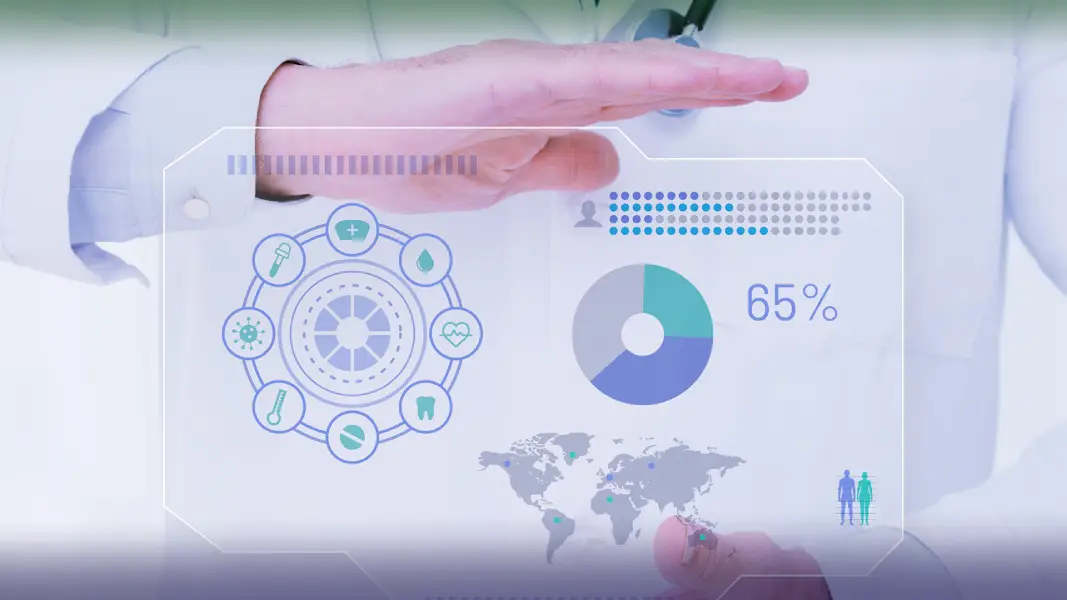Tips for Reducing Your Risk and Supporting Your Loved Ones
Patient education is an essential aspect of healthcare that involves educating patients and their families about their health conditions and how to manage them effectively.
Cancer is a prevalent health condition that affects millions of people worldwide.
However, there are ways to reduce the risk of developing cancer, and patient education plays a crucial role in this regard.
In this article, we will discuss cancer risk management.
Risk management
Reducing the risk of getting cancer involves making lifestyle changes that promote overall health and well-being.
Some of the ways to reduce the risk of cancer include:
Diet:
Making healthy food choices such as including more greens, fibers, and lean proteins can reduce the risk of certain types of cancers.
A diet rich in fruits, vegetables, whole grains, and lean proteins can help reduce the risk of cancer.
Physical activity:
Regular physical activity can reduce the risk of certain cancers and help maintain a healthy weight.
Engaging in at least 30 minutes of moderate-intensity physical activity on most days of the week can help reduce the risk of cancer.
Smoking:
Smoking is a significant risk factor for many types of cancer, especially lung cancer. Smoking cessation can effectively reduce the risk of cancer.
Family history:
If you have a family history of cancer, you may be at a higher risk of developing the condition.
It’s essential to discuss this with your healthcare provider and know about any chances that you might have of getting cancer.
Genetic testing is now available for certain types of cancer that can help determine your possible susceptibility.
Knowing your risk can help you make informed decisions about your healthcare and take steps to reduce your risk.
Cancer screening and early detection:
Early detection of cancer is crucial for successful treatment.
Cancer screening tests, such as mammograms, colonoscopies, and Pap tests, can help detect cancer early when it is most treatable.
It’s important to talk to your healthcare provider about when you should start screening for cancer and how often you should be screened based on your individual risk factors.
Supporting your loved ones
A cancer diagnosis can be challenging not only for the patient but also for their family and caregivers.
It’s important for caregivers to be informed about how they can best support their loved ones during treatment.
This may include helping with medications, managing side effects, and providing emotional support.
Effective communication with healthcare providers is also important to ensure that everyone is on the same page when it comes to the patient’s care.
In conclusion, patient education plays a critical role in cancer risk management.
By making lifestyle changes that promote overall health and well-being, patients can reduce their risk of developing cancer.
If you have a family history of cancer, it’s important to discuss this with your healthcare provider and consider genetic testing. Early detection through cancer screening is also essential, as is providing support to loved ones during treatment.
By working together with healthcare providers, patients, and their families can make informed decisions about their care and improve their overall health outcomes.
In conclusion, cancer is a serious health condition that affects millions of people worldwide. However, there are ways to reduce the risk of developing cancer, and patient education is an essential component of cancer risk management.
By making lifestyle changes that promote overall health and well-being, such as maintaining a healthy diet, engaging in regular physical activity, and quitting smoking, patients can reduce their risk of developing cancer.
Also, if you have a family history of cancer, it’s essential to discuss this with your healthcare provider and consider genetic testing.
Early detection through cancer screening is crucial for successful treatment, and providing support to loved ones during treatment is equally important.
By working together with healthcare providers, patients, and their families can make informed decisions about their care and improve their overall health outcomes.
Remember, prevention is always better than cure, so take charge of your health and reduce your risk of developing cancer.

